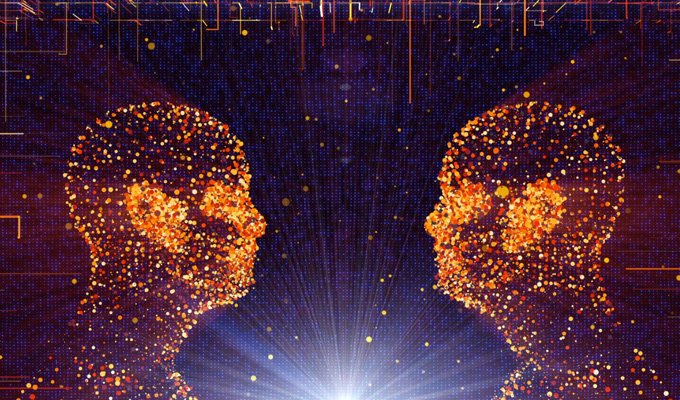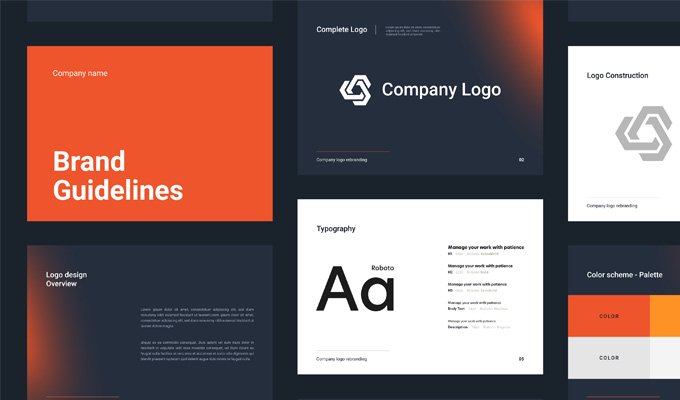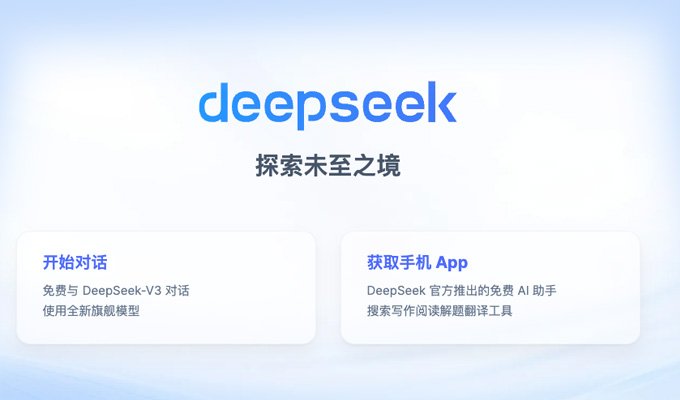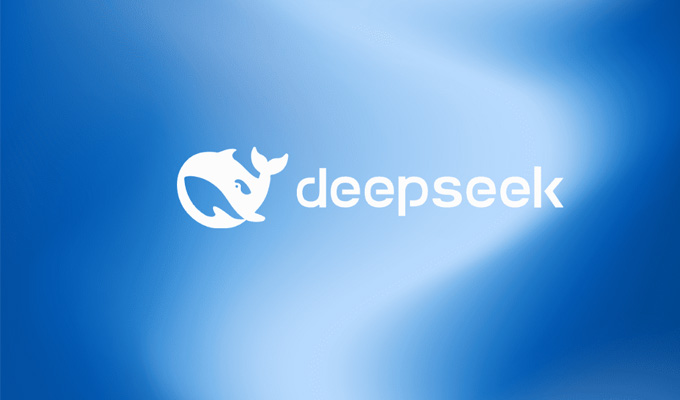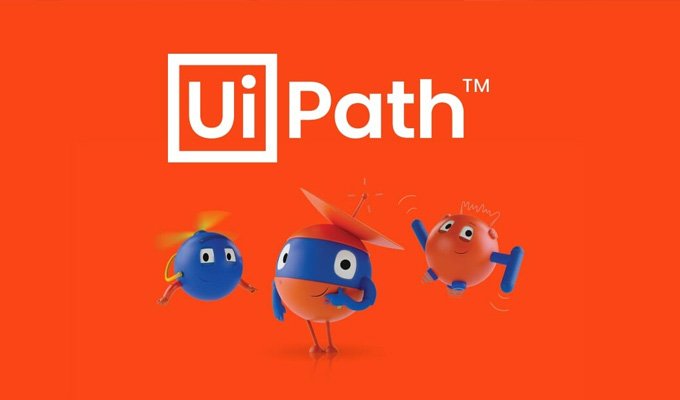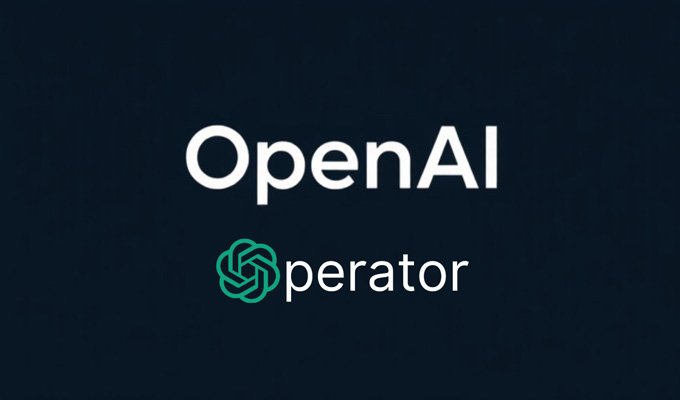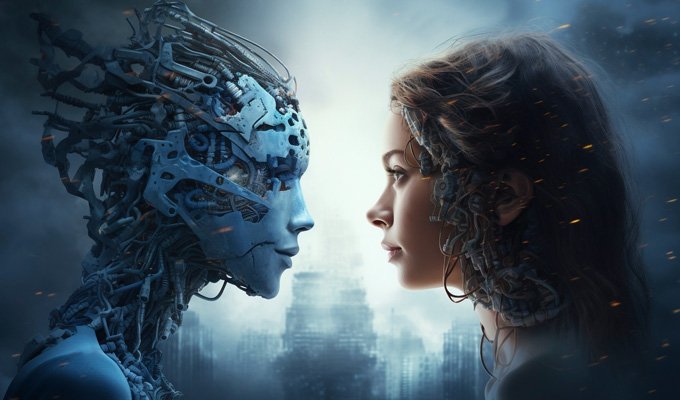Introduction
In a world increasingly driven by automation, the rise of AI-generated content has sparked both excitement and concern. Tools like ChatGPT, Jasper, and Copy.ai have transformed how content is produced at scale. However, amid this technological wave, a crucial question remains: Why is human content superior to AI content? The answer lies in the power of emotional connection, creativity, and context—traits that only real people can fully deliver. In this article, we explore why human content is superior to AI content and why brands should still prioritize human-written content for engagement and long-term impact.
1. Emotional Intelligence: The Human Touch Matters
AI may mimic tone, structure, and even empathy—but it doesn’t feel. Human content creators bring emotional intelligence into every word they write. Whether it’s a heartfelt blog post or a compelling call to action, human writers know when to be subtle, when to provoke thought, and how to strike emotional chords with the audience.
Emotions play a huge role in buying decisions. According to a study by the Harvard Business Review, emotional connection drives customer loyalty. AI-generated copy lacks this depth, often sounding generic or over-optimized.
2. Context Awareness: Nuance Can’t Be Taught
AI lacks true contextual understanding. It works with patterns, not perception. For example, it might recommend an umbrella in winter simply because “rain” appears in the data set. A human, on the other hand, understands regional climate, cultural nuances, and situational context—making the content relevant, timely, and valuable.
This limitation becomes especially visible in local marketing or niche industries, where small details matter. Why human content is superior to AI content is best illustrated when nuanced understanding becomes the difference between mediocre and high-performing campaigns.

3. Creativity and Original Thought: AI Can’t Invent
AI recycles content based on what’s already been written. It doesn’t invent new angles or challenge existing narratives. Human writers, however, draw from personal experience, emotion, and inspiration. They create stories, metaphors, and original insights—things that connect with readers on a deeper level.
Let’s say you’re writing a thought leadership piece. Would you rather read a reworded version of existing articles or something with a fresh, bold opinion backed by real-life examples?
As Neil Patel notes, “AI is a tool, not a replacement for creativity.” And that’s why truly impactful content will always need human ingenuity.
4. SEO Performance: Google Prioritizes E-E-A-T
Google’s Search Quality Evaluator Guidelines emphasize E-E-A-T—Experience, Expertise, Authoritativeness, and Trustworthiness. AI may simulate expertise, but it cannot experience. Google has also released updates like the Helpful Content Update to prioritize people-first content.
Content written by humans—especially those with domain authority—ranks better over time. Because it feels credible, includes first-hand knowledge, and builds trust.
Tip: Always include author bios, credentials, and links to reputable sources in human-written content to strengthen E-E-A-T.
Read Also: Why deepseek is way better than ChatGPT

5. Brand Voice and Storytelling: A Human Signature
Every brand has a voice. Whether witty, serious, friendly, or bold—it reflects the people behind the brand. Human writers know how to maintain tone, adapt to platforms, and ensure consistency across channels.
AI-generated content tends to sound the same across tools and platforms. Over time, this uniformity can dilute a brand’s uniqueness and reduce emotional engagement.
Storytelling is another key differentiator. Human writers craft narratives with buildup, tension, resolution, and flair. This keeps readers engaged, builds memory, and increases conversions.
6. Fact-Checking and Accuracy: AI Still Hallucinates
Despite their advancement, AI tools still suffer from “hallucination”—confidently generating false or outdated information. This can lead to serious credibility issues, especially in sensitive fields like healthcare, finance, or law.
Human content creators cross-verify facts, cite sources, and apply editorial judgment. This builds trust and keeps your content legally and ethically sound.
Check out this OpenAI guide on AI hallucinations to understand the risks in depth.
7. Ethical Content Creation: Values Can’t Be Coded
Humans are guided by ethics, empathy, and cultural sensitivity. They know when content may come across as biased, offensive, or insensitive. AI tools lack this ethical filter, and even the best prompts can’t ensure complete responsibility.
For organizations that value inclusive, fair, and socially responsible messaging, human oversight is essential. This reinforces why human content is superior to AI content, particularly for CSR-driven brands or educational platforms.

8. Better Conversion and Engagement Rates
Human-written landing pages, emails, and social media posts have consistently shown better engagement metrics in A/B tests. Why? Because people resonate with people. They respond to real voices, not robotic phrasing.
Try sending an AI-written cold email and compare the response rate with one that’s personalized by a skilled copywriter. The difference is measurable—and it proves that when it comes to ROI, human content wins.
9. Long-Term Brand Equity
AI might help with short-term output, but human content builds long-term equity. Think of your favorite brands—Nike, Apple, Dove—their voice, philosophy, and messaging are all driven by human ideas, not algorithms.
When you invest in human content, you’re investing in your brand’s identity—something no AI tool can replicate with originality or emotion.
Conclusion: AI Assists, Humans Connect
While AI is a powerful tool that speeds up processes and fills gaps, it should complement—not replace—human writers. The real magic happens when AI handles the grunt work and humans add the heart.
If you’re serious about building trust, improving SEO, and leaving a lasting impression, remember this: the reason why human content is superior to AI content is because only humans can understand other humans.
